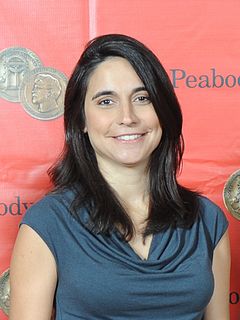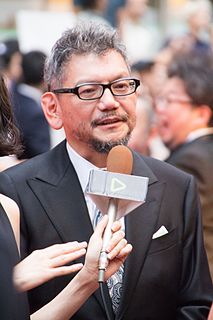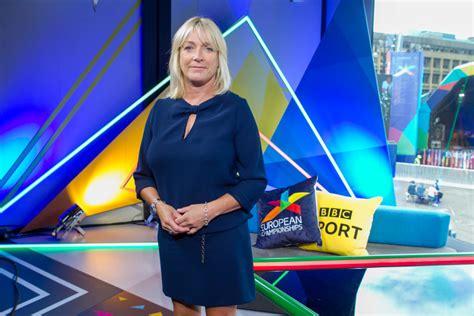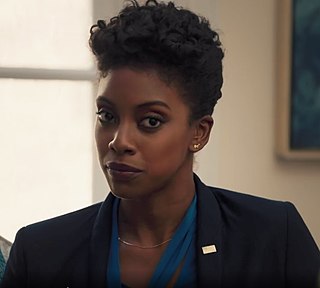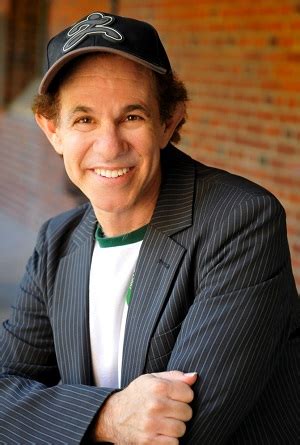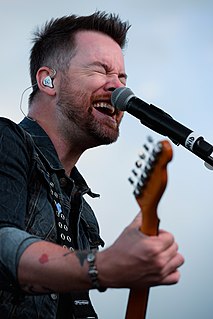Цитата Алана Менкена
Вы создаете партитуру, которая должна иметь эмоциональную и сюжетную логику. Вам нужна драматическая арка. Вы хотите, чтобы все песни продвигали историю вперед. Это то же самое, будь то сцена, фильм, телевидение или что-то еще.
Связанные цитаты
Я люблю гастролировать, я люблю делать записи, но, в конце концов, все, чего я хочу... я хочу забивать. Я хочу, чтобы люди просили меня написать музыку к их фильму или использовать мои песни в кино. Я думаю, что высшее медиа — это история, которую вы можете посмотреть, прочувствовать и насладиться музыкальным моментом. Я думаю, что это мой любимый. Я люблю смотреть что-то, когда музыка создает движение внутри движения.
В основе любого успешного фильма лежит мощная история. И история должна быть именно такой: повествованием с началом, серединой и концом, сильными главными героями, с которыми зрители могут себя идентифицировать, и драматической аркой, способной захватить и удержать интеллектуальное и эмоциональное внимание зрителей.
Будь то анимация, будь то живое действие, будь то Бродвей, будь то телевидение, мюзикл есть мюзикл и есть мюзикл. Таким образом, вы подходите к песням практически одинаково. Разница может заключаться в том, что в фильме у вас есть крупный план. На сцене нет. Так что на сцене больше песен, потому что песни как бы крупным планом.
Ева — это история повторения. Это история, в которой наш главный герой много раз сталкивается с одной и той же ситуацией и решительно берет себя в руки. Это история о желании двигаться вперед, пусть даже немного. Это история о решимости хотеть быть вместе, даже несмотря на то, что контактировать с другими и терпеть двусмысленное одиночество пугает. Я был бы очень рад, если бы вы нашли удовольствие в этих четырех частях, поскольку они берут одну и ту же историю и превращают ее во что-то другое.
я не люблю альбомы; Мне нравятся проекты. Я хочу рассказать историю — я не хочу ограничивать себя 10 или четырьмя песнями или чем-то еще. Я просто рассказываю историю и хочу, чтобы вы что-то почувствовали. Если бы мне потребовалась одна песня или четыре, называйте это как хотите. Поэтому я называю их проектами.
Пьесы — это литература: слово, идея. Кино гораздо больше похоже на то, в каком виде мы мечтаем — в действии и образах (Телевидение — это мебель). Я думаю, что великая пьеса может быть только пьесой. Он лучше подходит для сцены, чем для экрана. Некоторые истории настаивают на том, чтобы быть фильмом, их нельзя удержать на сцене. В конце концов, вся литература служит ответу на один и тот же вопрос: почему мы живем? И форма, которую принимает вопрос — пьеса, фильм, роман — продиктована, я полагаю, тем, чем обусловлена история: персонажем или местом.
Что я хочу делать, так это создавать отличный контент для телевидения и фильмов. В мои обязанности не входит программировать только для латиноамериканцев, и вы не можете предположить, что латиноамериканцам нужен только латиноамериканский контент. Но я думаю, что мы сильно недопредставлены на телевидении и в кино. И вместо того, чтобы жаловаться на то, что мы не видим себя, мы должны стать кинопродюсерами, режиссерами и сценаристами и рассказать свою историю.
Я всегда считал, что каждая песня рассказывает историю, поэтому последнее, что я хочу сделать, это отредактировать, как основу истории. Я выбирал песни на основе а) того, чувствовал ли я, что могу с ними что-то сделать, и б) чувствовал ли я, что могу сохранить историю нетронутой. А потом вы сидите с одним из пианистов и одним из педагогов по вокалу и таким образом прорабатываете свои аранжировки.


